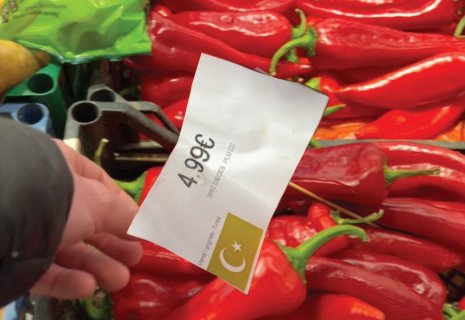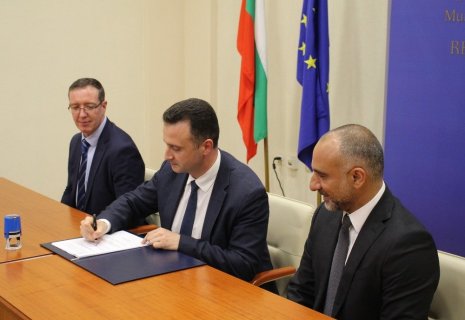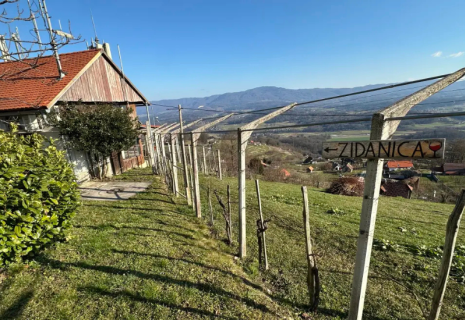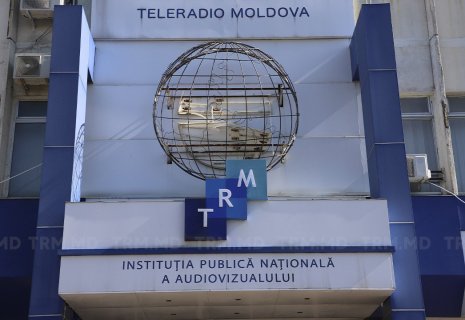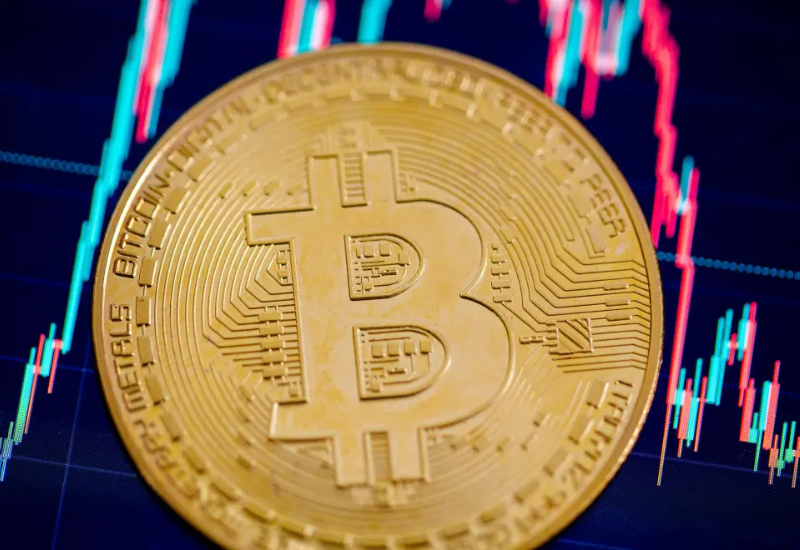
Slovenia's share of crypto-asset owners highest in euro area
Slovenia has the highest share of crypto-currency owners in the euro area, a survey by the European Central Bank (ECB) has found. It stands at 15%, compared to the euro area average of 9%.
"The share of respondents in the euro area who own crypto-assets has more than doubled between 2022 and 2024, although it remains at a rather low level: 4% in 2022 versus 9% in 2024," reads an ECB report.
Out of the 20 euro area countries, 13 reported shares above 10%. Slovenia tops the ranking, followed closely by Greece (14%).
In the 2022 survey Slovenia placed second with 8%, CE Report quotes The Slovenia Times.
Euro area countries with the lowest share of crypto-asset owners were Germany and the Netherlands, each at 6%.
When it comes to the age categories, individuals aged 25-39 were most likely to own crypto-assets, followed by those aged 18-24.
Most respondents used crypto-assets as a form of investment, but the reasons for owning them vary considerably between individual countries.
In Slovenia, 61% said they used them as a form of investment, 15% use them only as a form of payment and 18% for both purposes.
Profits that individuals make from cryptocurrencies are not taxed in Slovenia. Back in 2021, the Financial Administration proposed imposing a 10% tax rate when the cryptocurrency is spent or turned into cash, but the proposal has never been adopted.


